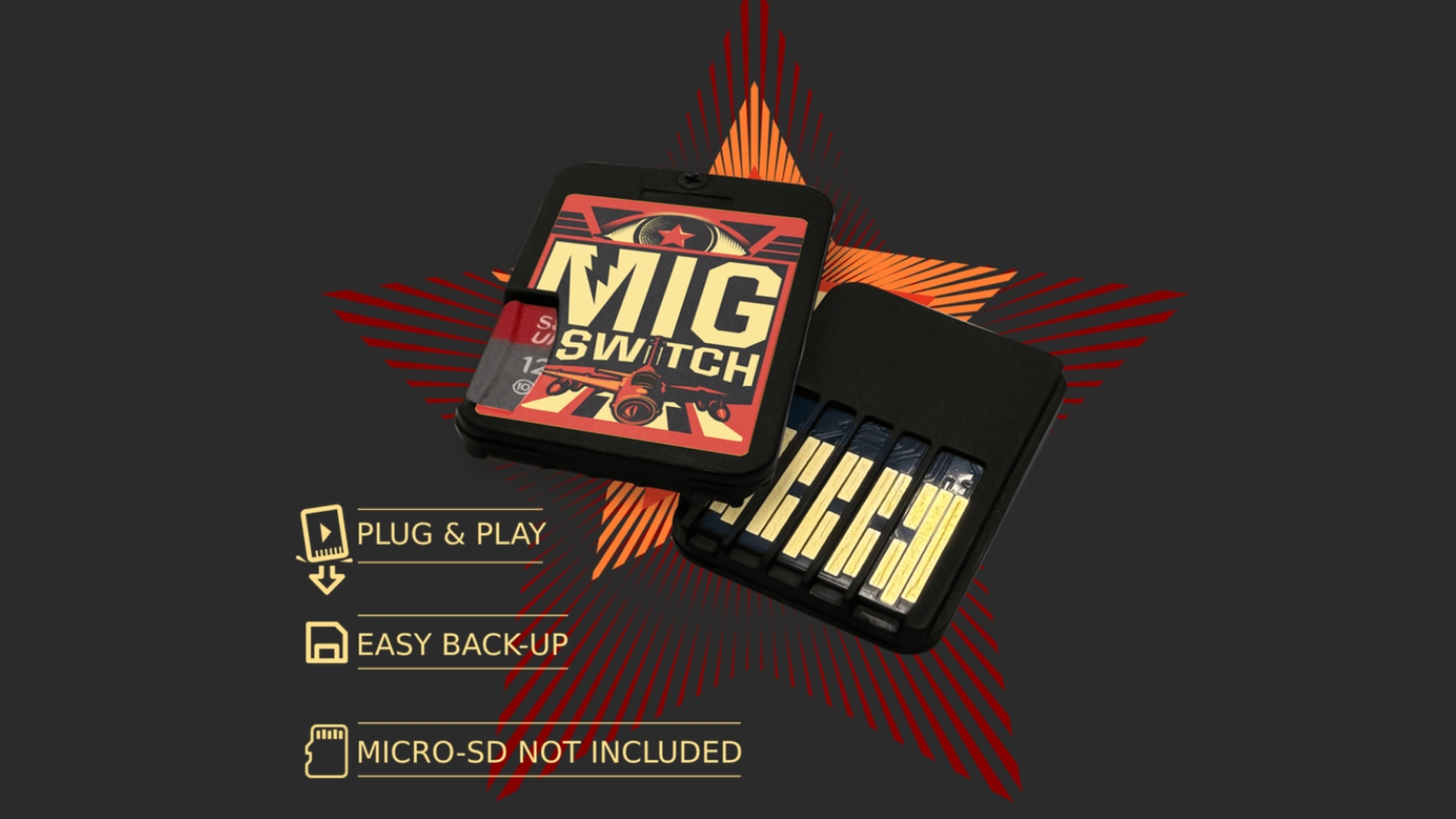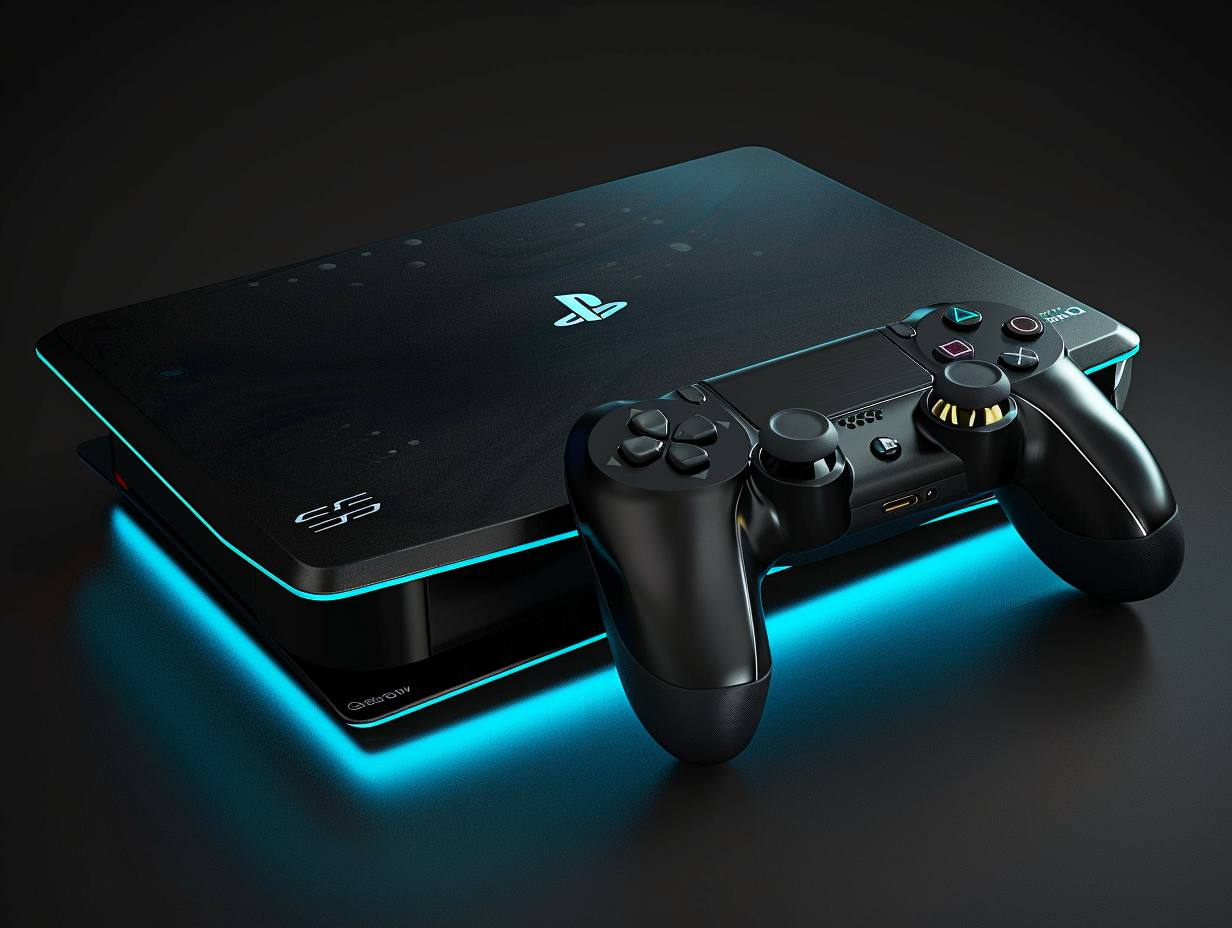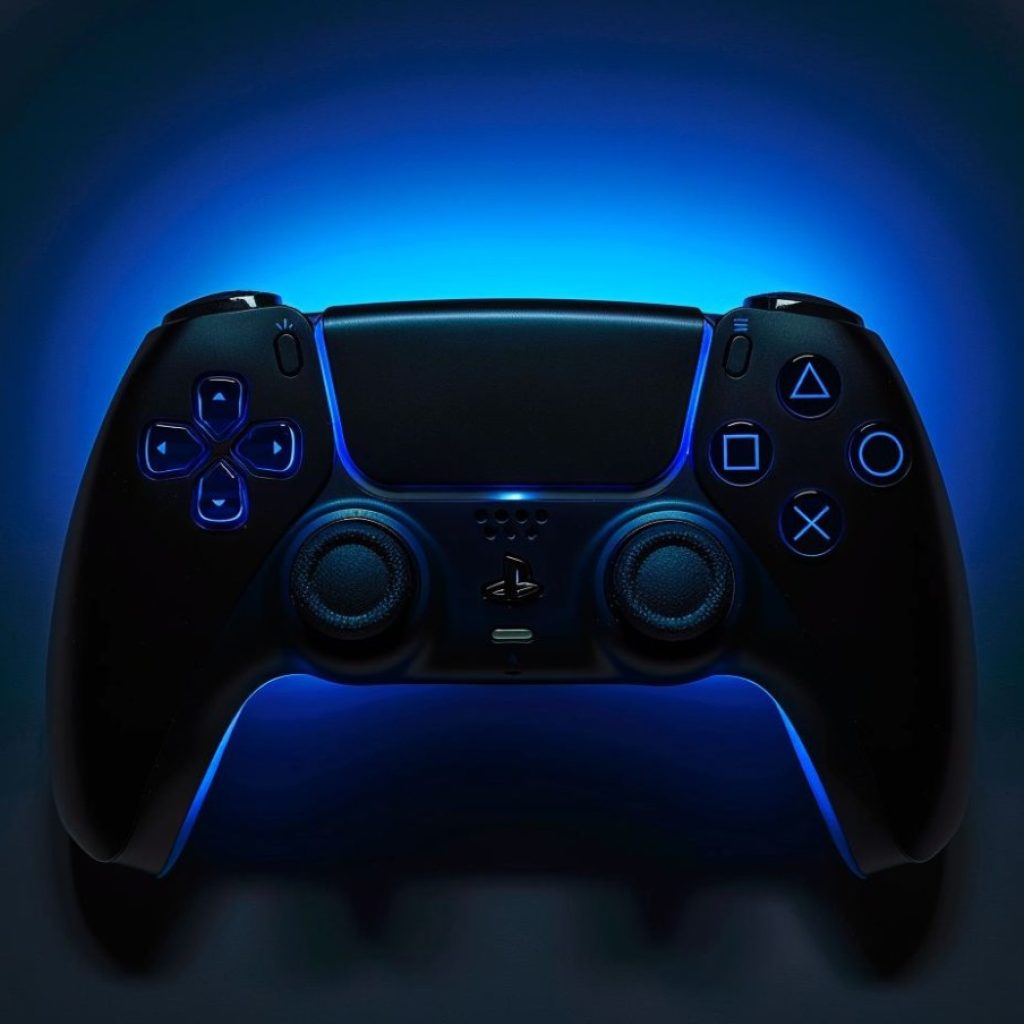Amidst the gaming community’s intrigue, the release of MIG-Switch, a flash cart for Nintendo Switch consoles, has sparked a flurry of questions and speculation. With its capability to run downloaded games on any iteration of the console, regardless of hardware or firmware changes, the timing and origins of this device have become a subject of intense scrutiny.
The rise of flash carts and ROM dumping
Flash carts, specialized flash memory cards that enable the playing of preloaded programs on cartridge-based game systems, have a rich history intertwined with the emulation and ROM dumping ecosystem. Beginning as early as the 1990s, the concept of dumping ROMs gained traction, allowing gamers to copy the contents of cartridges onto computer storage media as ROM files. However, it wasn’t until the emergence of solid-state flash storage that flash carts became more accessible to consumers, particularly for handheld consoles like the Game Boy Advance and Nintendo DS.
The legacy of team Xecuter and the MIG-Switch controversy
At the heart of the MIG-Switch controversy lies the shadowy legacy of Team Xecuter, a notorious group of console modders known for their involvement in the development of various modding devices and flash carts. Despite facing legal troubles in the past, including criminal and civil charges, rumors have surfaced linking Team Xecuter to the creation of the MIG-Switch. Notably, Gary Bowser, a former member of Team Xecuter, recently completed a prison sentence related to his involvement in console modding activities.
Unraveling the mystery behind MIG-Switch and Gary Bowser’s involvement
The release of MIG-Switch has reignited speculation surrounding Gary Bowser’s potential involvement, given his background in console modding and affiliation with Team Xecuter. Despite vehement denials from Bowser, suspicions have been fueled by circumstantial evidence linking him to the release of the flash cart. Notably, a tech news site that broke the news of MIG-Switch’s release was hosted on the same server as a site associated with Bowser. However, Bowser has adamantly refuted any connection to the MIG-Switch and has cited a DNS poisoning attack and subsequent blackmail attempt as potential motives for framing him.
As the gaming community grapples with the emergence of MIG-Switch and its implications for console modding and piracy, the mystery surrounding its origins and the involvement of individuals like Gary Bowser persists. With legal restrictions in place following Bowser’s recent release from prison, questions linger about potential violations and ulterior motives. However, until concrete evidence emerges, the true perpetrators behind MIG-Switch remain elusive, leaving the gaming community to ponder the implications of this controversial device.





